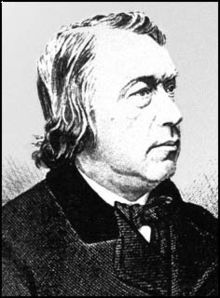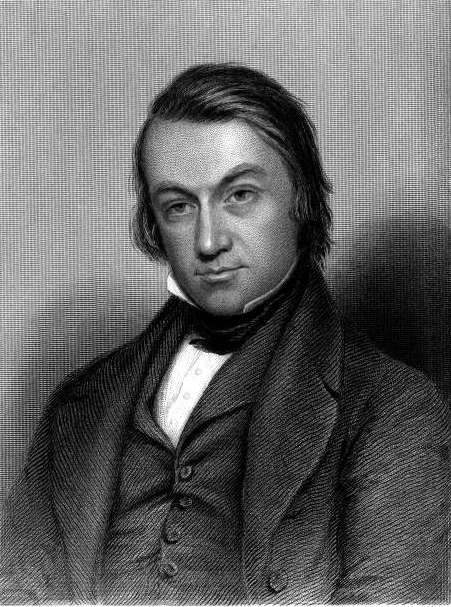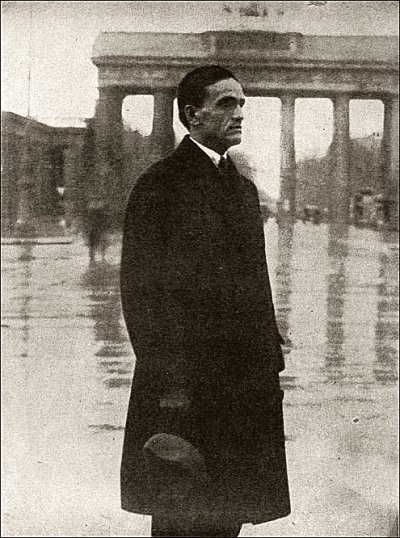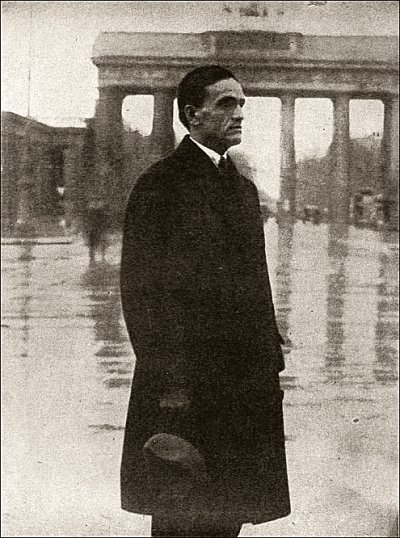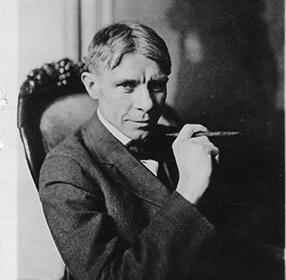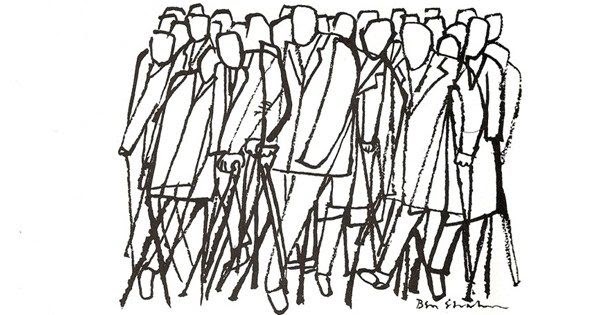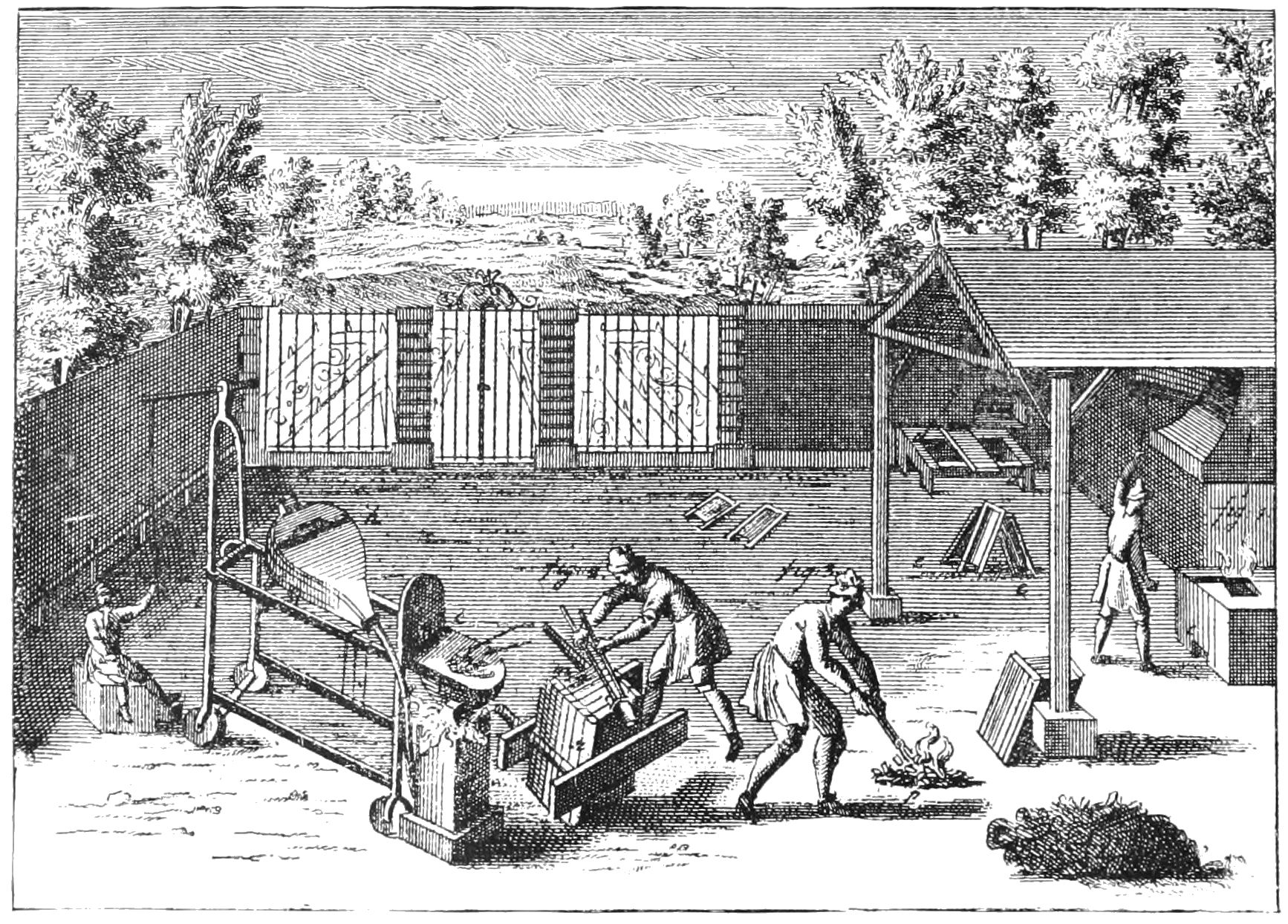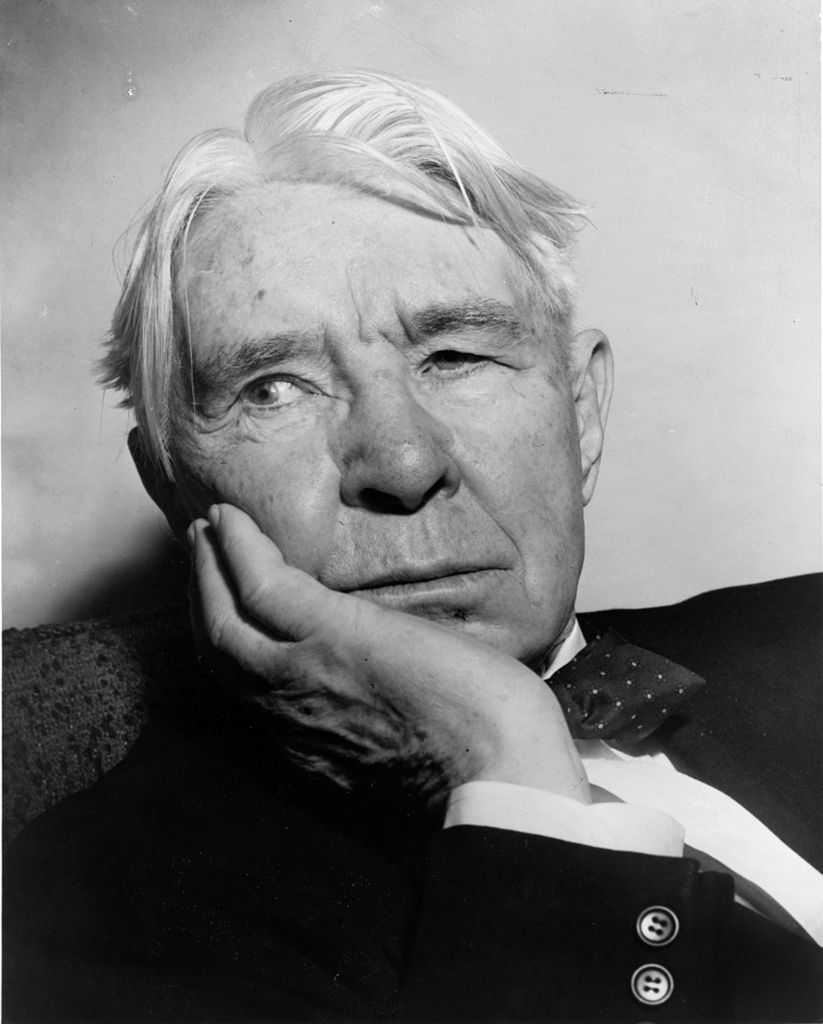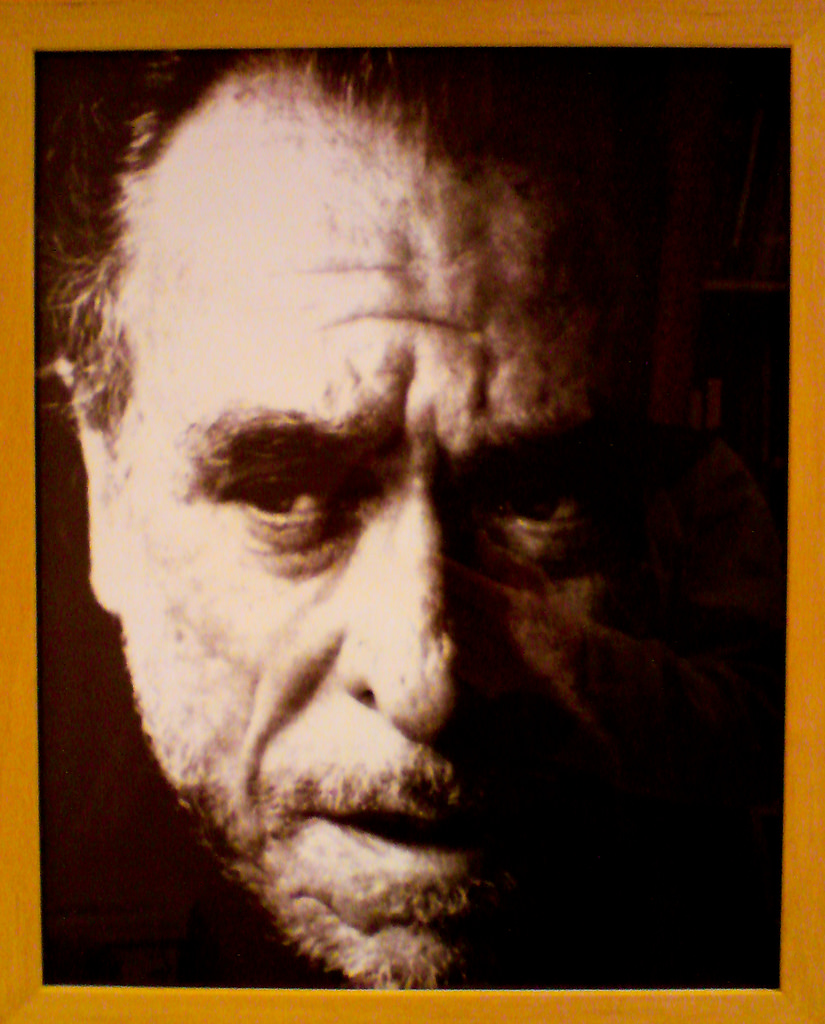Introduction to the Poet:
Christina Georgina Rossetti (5 December 1830 – 29 December 1894) was an English poet who wrote a variety of romantic, devotional, and children’s poems.
Of all Victorian women poets, posterity has been kindest to Christina Rossetti. Her poetry has never disappeared from view. In Rossetti’s lifetime opinion was divided over whether she or Elizabeth Barrett Browning was the greatest female poet of the era; in any case, after Browning’s death in 1861 readers saw Rossetti as the older poet’s rightful successor.
Christina Rossetti was born in Charlotte Street (now 105 Hallam Street), London, to Gabriele Rossetti, and John William Polidori. She had two brothers and a sister: Dante Gabriel became an influential artist and poet, and William Michael and Maria both became writers. Christina, the youngest, was a lively child.
Rossetti was educated at home by her mother and father, who had her study religious works, classics, fairy tales and novels. Rossetti delighted in the works of Keats, Scott, Ann Radcliffe and Matthew Lewis.
In the later decades of her life, Rossetti suffered from Graves’ Disease, diagnosed in 1872 suffering a nearly fatal attack in the early 1870s. She died in Bloomsbury on 29 December 1894 and was buried in Highgate Cemetery.
About the Poem Eve:
The poem is a bibliographical poem written by Rosetti. It deals with the theme of repent and sadness. The repent of eating the forbidden fruit and facing the consequences of the killing of a son by the other reflects how dangerous human actions can be.
The Setting of Eve:
The poem is set in the biblical era. It dates back to the time after the banishment of Adam and Eve from the Garden of Eden. It is set at the time when Adam and Eve have started their life on earth and have had two sons Cain and Abel. Both of their children are big now. Due to jealousy Cain kills Abel and thus starts the murderous desire within humans and Eve sits beside her dead son lamenting.
Summary of Eve:
The narrator i.e. Eve takes on herself the blame for the doom of humanity. She sits ‘at the door, sick to gaze within’ which means she is disgusted to look within herself because she is guilty of banishing humans out of heaven. Her eyes have become sore due to weeping for her ‘sorrow and sin’. She further goes on to say that her sin stands as a tree which may refer to the forbidden tree she took the fruit from. This sin of hers has sealed humanities fate and has brought death upon it as her (Eve’s) murdered his brother.
“How have Eden bowers grown
Without Adam to bend them!
How have Eden flowers blown,
Squandering their sweet breath,
Without me to tend them!
The Tree of Life was ours,
Tree twelvefold-fruited,
Most lofty tree that flowers,
Most deeply rooted:
I chose the Tree of Death.”
Here Eve asks how did the garden function without the presence of Adam and herself. She gave examples of Bowers and flowers asking who tended them. She now shows remorse telling that even though the tree of life which bored so many fruits was the tallest tree and most deeply rooted she chose The Forbidden tree of death. In this stanza, she is also in conflict telling that why were the not told of the tree of life why wasn’t it forbidden. Here she kind of suggests that is knowledge would have been mixed with immortality it would have been threatening to God and so before they could have eaten from the tree of life they were banished.
“Hadst thou but said me nay,
Adam, my brother,
I might have pined away;
I, but none other:
God might have let thee stay
Safe in our garden
By putting me away
Beyond all pardon.”
Here she talks about Adam’s involvement in her sin. She asks Adam why didn’t he stop her or rather why did he eat the fruit he could have said no. That way god would have banished me not you. You could have stayed in Eden while i alone would have had to bear the weight of the sin. I would not have been accused for pulling you in with me. Thus here Eve points out Adam’s equal part in the wrongful action.
“I, Eve, sad mother
Of all who must live,
I, not another,
Plucked bitterest fruit to give
My friend, husband, lover.
O wanton eyes run over!
Who but I should grieve? –
Cain hath slain his brother:
Of all who must die mother,
Miserable Eve!”
Now the narrator which is Eve expresses her deep anguish and pain. She says that she has to live with the guilt of plucking the forbidden fruit and eating eat. It is she who has to bear the guilt of offering her “friend, husband and lover” i.e. Adam, the forbidden fruit. It his she who has to face and sit through the torment of seeing one of her son being by another of her son. She must live through all. She is poor “Miserable Eve”.
“Thus she sat weeping,
Thus Eve, our mother,
Where one lay sleeping
Slain by his brother.
Greatest and least
Each piteous beast
To hear her voice
Forgot his joys
And set aside his feast.”
Here the poet takes command of the narration saying that eve sat weeping beside the body of her son (Abel) who was murdered by another of her son Cain. Now the poet forces and brings out the sympathetic aura of other earthly beings other than mankind, where each beast both large and small show pity on Eve. They abandon their current work, joy and leave their feasts and sympathize with her.
“The mouse paused in his walk
And dropped his wheaten stalk;
Grave cattle wagged their heads
In rumination;
The eagle gave a cry
From his cloud station;
Larks on thyme beds
Forbore to mount or sing;
Bees drooped upon the wing;
The raven perched on high
Forgot his ration;
The conies in their rock,
A feeble nation,
Quaked sympathetical;
The mocking-bird left off to mock;
Huge camels knelt as if
In deprecation;
The kind hart’s tears were falling;
Chattered the wistful stork;
Dove-voices with a dying fall
Cooed desolation,
Answering grief by grief.”
In this stanza, the poet gives examples of the animals who sympathize with her. The mouse stopped and left its ‘wheaten stalk’. The ‘cattle’s wagged their heads in rumination’ meaning that the cattle shook their head in disapproval while in deep thought or chewing. The eagle while flying gave a cry showing its sorrow. Larks started to sing (here sadly). Raven forgot his ration. Conies quaked sympathetically. Mocking birds mocked and camels knelt down in sorrow and disapproval.
Stork chattered and doves cooed in desolation. Thus the animals understood Eve’s grief and responded to it.
“Only the serpent in the dust,
Wriggling and crawling,
Grinned an evil grin, and thrust
His tongue out with its fork.”
In the last stanza the poet says that even though all other animals were expressing their sympathy for eve, the serpent was grinning and wriggling through the dust as if it was enjoying to see the demise of Eve as it was he who advised her to eat the forbidden fruit. It can be also seen as such since Eve was a woman, the stronger gender, the serpent corrupted her so that the doom is brought upon mankind.
The Tone of Eve:
The entire poem carries a tone of pain and anguish felt by Eve. The first part of the poem is spoken by Eve and is filled with extreme sorrow and grief. This part deals with her feeling the weight of her sin and facing the bitter consequences. Her son is murdered by another of her son and she has to sit and weep beside his body. Though in the third and fourth stanza she asks the question about Adam not being held accountable. He could have said no. She didn’t have to bear the guilt of destroying her husband. Later in the last three stanzas, the poet takes command of the narration and tone becomes descriptive describing the actions of the animals while they sympathize with Eve.
Central Theme of Eve:
The central theme of the poem revolves around Eve and her anguish and pain as she faces the bitter consequences of her sin, eating the forbidden fruit herself and offering it to Adam. She has to sit and weep beside the body of her dead son who was murdered by another of her son. It also asks the question about the lack of accountability of Adam as he could have said no. It also challenges the decision of God asking why were they not informed of the presence of the tree of life earlier and were later banished from Eden lest they came back and ate the fruit from tree of life.
Critical Analysis of Eve:
The poem Eve is written by Christina Georgina Rossetti. This is her attempt to show the anguish and pain felt by Eve after she was banished from the Garden of Eden because of the sin she committed. At the start of the poem the narrator is Eve and the use of inverted commas means that Eve herself speaks, she also showcases the heart breaking bitter consequences that she had to face like weeping beside her dead son who was murdered by another of her own son. The poet also attempts to question the responsibility of male in the forbidden act. She suggests that even Adam should have been hold accountable as he could have protested and said no. He could have declined Eve’s offer of eating the fruit, that way Eve would not have to bear the curse of destroying her husband. She also attempts to challenge God by asking why they were not made aware of the tree of life and were only told of it after the banishment. She also attempts to show the sympathizing attitude of nature other than mankind. Thus Rossetti attempts break the old conceptions of a one sided cause of downfall. So she gives a modern, different and logical approach to the old tale of Genesis.
Conclusion:
The poem ‘Eve’ by Rosetti shows her intellectual abilities and her deep knowledge in Catholic beliefs that she had gained effectively through learning. It is one of the most interesting poems by Rosetti worth a read.
Contributor: Bidisha Das
Some online learning platforms provide certifications, while others are designed to simply grow your skills in your personal and professional life. Including Masterclass and Coursera, here are our recommendations for the best online learning platforms you can sign up for today.
The 7 Best Online Learning Platforms of 2022
- Best Overall: Coursera
- Best for Niche Topics: Udemy
- Best for Creative Fields: Skillshare
- Best for Celebrity Lessons: MasterClass
- Best for STEM: EdX
- Best for Career Building: Udacity
- Best for Data Learning: Pluralsight
